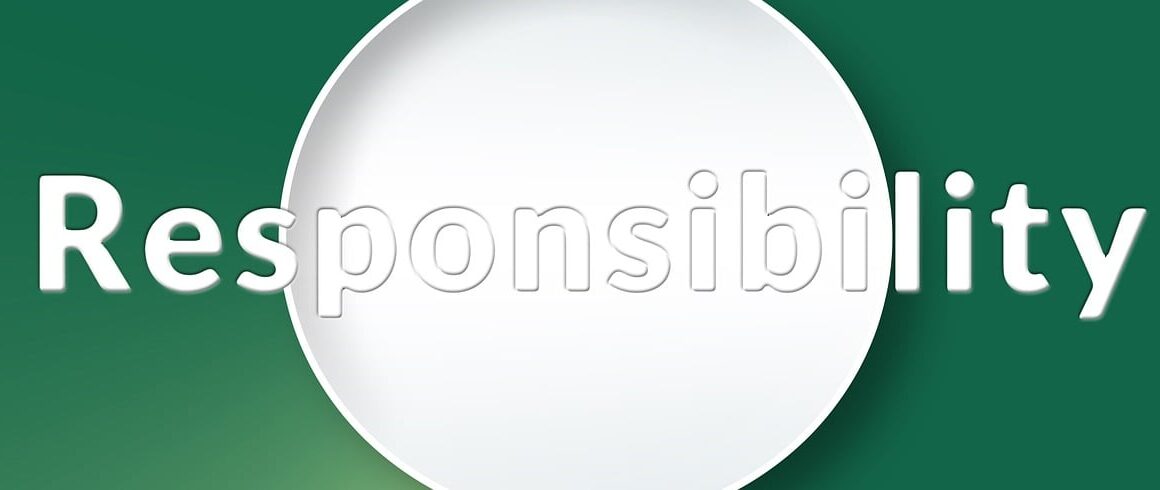Debt-Free Retirement: Myth or Achievable Goal?
Retirement should ideally be a period of relaxation and enjoyment, yet many face the burden of debt during this time. Understanding the feasibility of achieving a debt-free retirement is crucial. Numerous retirees grapple with various forms of debt, including mortgages, credit cards, and medical bills. Facing these financial obligations can significantly impact quality of life in retirement. Planning becomes essential, as a strategy aimed at minimizing or eliminating debt can help improve financial security. Several tools and methods can be employed, from budgeting to financial advising. Many individuals underestimate the importance of early retirement planning. The longer you allow debt to accumulate, the more challenging it may become to eliminate it. Thoughtful planning by integrating debt management into retirement savings efforts can yield a better retirement experience. Establishing a budget to prioritize debt repayments is vital. Furthermore, understanding your debt to income ratio can assist in formulating a realistic strategy. It is essential to assess evolving life circumstances and adjust your plan accordingly. A focus on reducing or eliminating debt can lead to a stress-free retirement, allowing you to enjoy this well-deserved phase of life without financial worries that accompany outstanding debts.
One key factor contributing to a debt-free retirement is cultivating a savings culture early in one’s career. As soon as you start earning, prioritize setting aside a portion of your income specifically for retirement savings. Contributing to a 401(k) or an IRA can incentivize long-term growth. Take advantage of employer matches if available, as this boosts your savings significantly over time. Another essential practice is to live within, or below, your means. Avoid lifestyle inflation and strive to keep expenses manageable. This may allow you to allocate more funds towards paying off existing debts. Additionally, exploring refinancing options can help reduce interest rates on outstanding debts. Every reduction in interest rates can yield significant savings over time. Considering various income streams during retirement is also important. This might include part-time work, investment income, or rental properties. Each source can contribute to paying down debt. Moreover, consistent evaluation of your financial goals is crucial. Market changes or personal circumstances necessitate adjustments to retirement strategies. Make sure to revisit your debt-free goal regularly. Harnessing these principles can lead to creating a robust retirement plan and achieving the goal of a debt-free retirement.
Importance of Budgeting
Effective budgeting is fundamental in striving for a debt-free retirement. A detailed budget allows you to track expenditures and identify areas to save. Assessing spending habits regularly enables individuals to adjust habits and cut unnecessary costs. You can categorize expenses into essentials and luxuries, enabling better decision-making on what to reduce. Prioritization is vital; allocate more funds to debt repayment and savings compared to non-essential expenditures. Moreover, an emergency fund should be a staple in budgeting. Prioritizing this fund can save you from taking on more debt during unpredictable situations. The general recommendation is to save three to six months’ worth of expenses. Aligning your budget towards achieving a debt-free status may require temporary sacrifices. Implementing the envelope system, where cash is used for specific categories, can assist in maintaining spending limits. Keep your financial goals visible, as this serves as inspiration and motivation. Check monthly progress against goals and adjust as necessary. Regularly reviewing your budget can offer new insight into improving your financial strategy. An accountable and transparent budgeting plan not only aids in reducing debt but can also pave the way for a peaceful, fulfilling retirement free from financial entanglements.
Debt management is not just about eliminating current debts; it’s also about preventing future consequences. Developing healthy financial habits today is critical for long-term success. One step toward that goal is understanding the difference between good and bad debt. While some debts may be necessary investments, like a mortgage, others may lead to financial woes. Educating yourself on financial principles can help with informed decision-making regarding borrowing. Consider creating a debt repayment strategy, such as the snowball or avalanche method. These methods can lead to faster debt reduction. Share this knowledge with others to help them also recognize the path towards debt freedom. Understand that the journey towards a debt-free retirement may not be straightforward. Expecting setbacks and learning to navigate through them is part of the process. Halloween lights may cost more upfront, but prioritizing such expenses responsibly contributes to an overall goal. Financial education extends beyond personal well-being; it can have community-wide implications. Helping others understand their finances not only benefits them but fosters a resourceful environment. By utilizing debt management techniques and sharing knowledge, people can pave the way for collective success in achieving debt-free retirements.
Retirement Savings Strategies
Establishing retirement savings strategies that align with debt management is imperative. Whether you aim for a traditional or Roth retirement account, prioritize consistent contributions early on. Diversifying investments can help mitigate risks and maximize potential gains. Stocks, bonds, and mutual funds each serve different purposes in a balanced portfolio. Further, consider employing a financial advisor to assist in navigating investment choices tailored to your unique circumstances. Regular reviews of your investment portfolio can reveal underperforming assets or opportunities for growth. Moreover, understanding tax implications on withdrawals is crucial. Non-strategic withdrawals can lead to penalties and reduced retirement savings. It’s also beneficial to educate yourself on Social Security benefits and how to maximize them during retirement. Understanding the optimal age to claim benefits can impact your long-term financial picture. Another strategy is to prioritize paying off high-interest debt before focusing solely on retirement contributions. This allows for greater accumulation in retirement accounts over time. Uniting debt repayment with savings strategies creates a comprehensive approach to financial planning. Ultimately, establishing these pieces cohesively ensures a smoother transition into retirement, reducing the stress associated with debt.
The psychological aspect of planning for a debt-free retirement cannot be overlooked. Many individuals experience anxiety and stress related to financial uncertainty, particularly as they approach retirement age. A clear plan aimed at debt reduction can alleviate these feelings and foster financial confidence. Engaging in financial literacy initiatives further empowers individuals towards decisive action. Such education equips them with the knowledge necessary to make informed decisions about their financial futures. Socialization often plays a role in our attitudes toward finances; sharing experiences and strategies with family members and friends can create a supportive environment fostering accountability. Explore community resources that offer workshops on financial management techniques to enhance skills. Additionally, positive reinforcement from peers may motivate progress toward a debt-free goal. Setting short-term achievable milestones enables individuals to celebrate progress, keeping motivation high. Switching negative money habits to positive endorsement can vastly improve mental attitudes about finances. This shift may contribute to healthier spending and saving behaviors. Thus, embedding psychological wellness within the financial strategy fosters not just a debt-free retirement, but a holistic balance that enhances life quality during retirement.
Final Thoughts
Achieving a debt-free retirement is a challenging, yet attainable goal for many. Emphasizing early financial planning and responsible debt management can significantly improve your retirement outlook. Harnessing the strategies discussed can streamline achieving this objective. Start by prioritizing savings and budgeting, which collectively contribute to maintaining financial stability. Educating yourself on financial management fosters proactive investment decisions. Moreover, cultivating a supportive social circle around financial topics enhances accountability and motivation. Regular reviews and adjustments to your financial plan ensure alignment with changing circumstances. Setting up automatic contributions to accounts simplifies the savings process, making adherence easier and habits stronger. Ultimately, the journey toward a debt-free retirement requires commitment and perseverance. Embrace the mindset that debt management is a continuous process. Even small progress is progress; celebrate victories, no matter how insignificant they may seem. Acknowledge the unique obstacles faced during this journey and persistently seek solutions. By committing to these principles, individuals can work towards a fulfilling, debt-free retirement while enjoying peace of mind throughout the journey. Aspiring towards this goal can foster not just financial health, but overall well-being and contentment in one’s golden years.
A debt-free retirement is not merely a fantasy; it is a goal that requires dedication, discipline, and the right tools. To transition into retirement free from financial burdens is a rewarding achievement. Acknowledge the journey, embrace learning opportunities, and remain focused on your ultimate objective. Implementing actionable steps today can yield significant benefits in the long run. Start engaging with resources that assist in debt evaluation, asset management, and project potential income streams. Understanding the various options available can lead to tailored solutions fitting your unique situation. Embrace flexibility in your strategies and pivot as required. Overall, through careful planning and execution, achieving a debt-free retirement can transform from myth to reality, allowing for a joyful and stress-free retirement experience. Strive for continuous improvement and maintain financial health to enjoy your retirement years without financial shackles.








